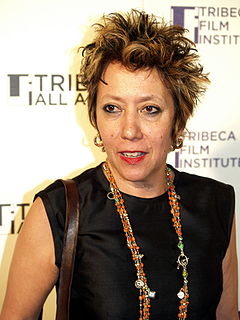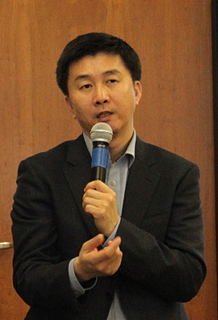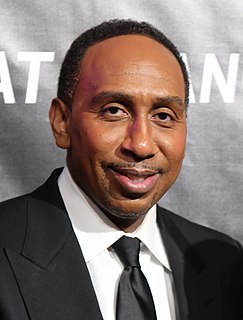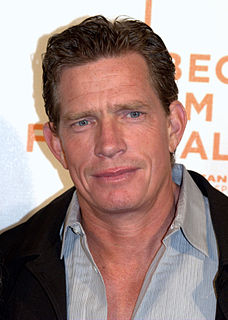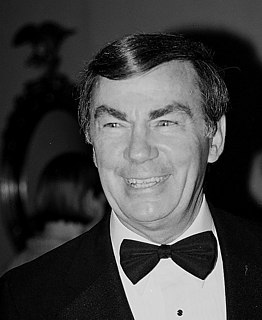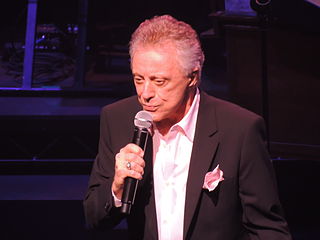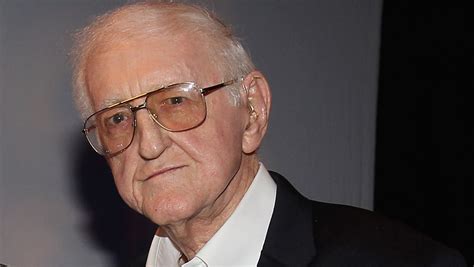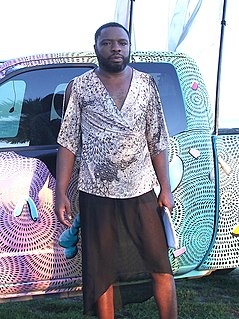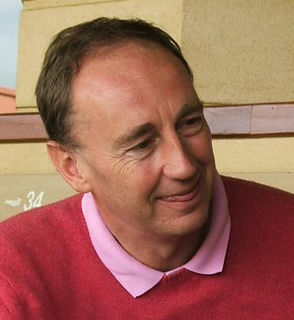A Quote by Jocelyn Bell Burnell
We didn't get television until quite late, the late fifties, but we had radio, and I can remember listening to the Korean War news on the radio with my family and sensing the anxiety of the adults although not understanding it myself, not understanding exactly what was going on.
Related Quotes
When you think about advertising, it's understanding that whether it's newspaper, radio, or television, you have to know how to advertise, how to market, because ultimately, everything comes down to ratings and revenue or ratings and subscribers and revenue, whether it's newspapers or radio or television.
I would go into my three different sisters' rooms in the early-mid '70s and they had very specific different tastes in music. I specifically remember lying on my different sisters' bedroom floors and listening to their record collections. And "Starship Trooper" was one of my sister Nancy's favorite songs and favorite album. Music is so defining for me. In the late '70s and early '80s, I worked in radio. When I was in high school, I worked at two different radio stations.
When I was a kid, I used to listen to my Emerson radio late at night under the covers. I started by listening to jazz in the late 1940s and then vocal harmony groups like the Four Freshmen, the Modernaires and the Hi-Lo's. I loved Stan Kenton's big band - with those dark chords and musicians who could swing cool with individual sounds.


